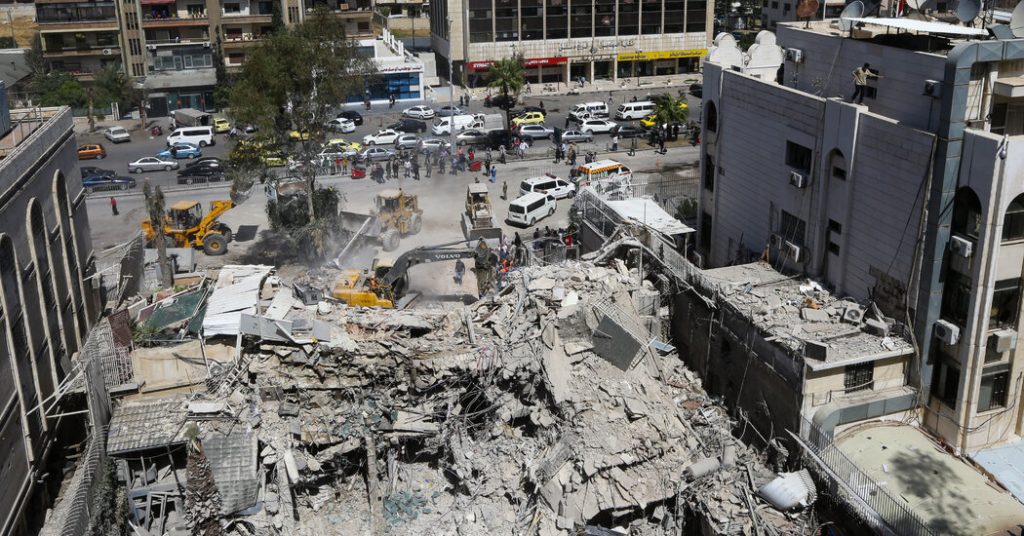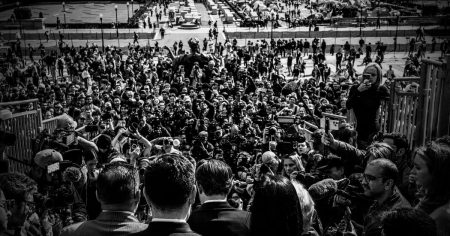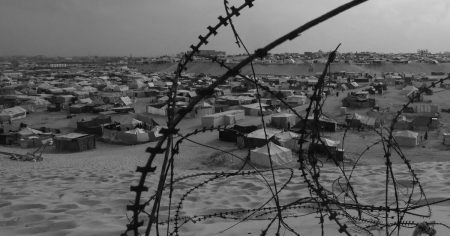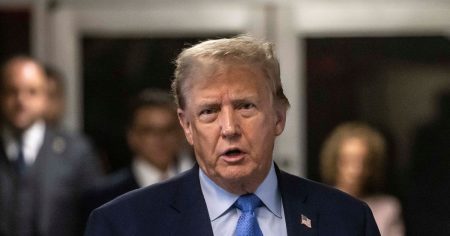For decades, Israel and Iran have engaged in a shadow war across the Middle East, with clandestine attacks exchanged by land, sea, air, and even in cyberspace. However, the recent barrage of drones and missiles launched by Iran at Israel marked a significant escalation, as it was the first time Iran directly attacked Israel from its own territory. Usually, Iran has relied on foreign proxies to strike Israeli interests, while Israel has carried out targeted assassinations of Iranian military leaders and nuclear scientists as part of its strategy.
In January 2020, Israel welcomed the assassination of Maj. Gen. Qassim Suleimani, the commander of Iran’s Islamic Revolutionary Guards Corps, by an American drone strike in Baghdad. In response, Iran attacked two bases in Iraq housing American troops with missiles. The United States claimed that General Suleimani was behind destabilizing activities in the Middle East and accused him of plotting attacks against US embassies and Israeli targets. This event set off a chain of retaliatory strikes between Iran and Israel over the following years.
Throughout 2021 and 2022, there were several incidents of escalating tensions between the two countries. An oil tanker managed by an Israeli-owned shipping company was attacked off the coast of Oman, killing two crew members. The attack was suspected to have been carried out by Iranian drones. Israel retaliated by killing Iran’s top nuclear scientist, Mohsen Fakhrizadeh, and a Revolutionary Guards commander, Col. Sayad Khodayee. Iran did not explicitly claim or deny responsibility for these attacks, but tensions continued to rise.
In December 2023, after Israel’s bombardment of Gaza in response to Hamas-led attacks, Iranian-backed militias increased their own attacks. Iran accused Israel of killing a high-level military figure, Brig. Gen. Sayyed Razi Mousavi, in Syria. Israel did not confirm its involvement in the assassination. In January 2024, an explosion in Beirut killed a top Hamas leader, Saleh al-Arouri, along with two commanders. Hezbollah, with support from Iran, intensified its assaults on Israel following this incident.
In March and April, the conflict between Israel and Iran escalated further, with Israeli drone strikes targeting Hezbollah in Lebanon and Iranian military figures in Damascus. Airstrikes near Aleppo, Syria, killed numerous soldiers and fighters from Hezbollah and a pro-Iran militia. Israel’s military did not explicitly claim responsibility for the attacks, but its defense minister vowed to continue targeting Hezbollah. The shadow war between Israel and Iran continued with further airstrikes in different locations during this period.
Overall, the ongoing conflict between Israel and Iran involves a series of covert operations, assassinations, and retaliatory strikes conducted by both sides. As tensions escalate, the risk of a full-scale confrontation remains a concern as each country seeks to assert its influence in the volatile region of the Middle East. The recent events have demonstrated the complexity and volatility of the situation, with both Israel and Iran engaging in tit-for-tat actions that raise the stakes for further escalation.















